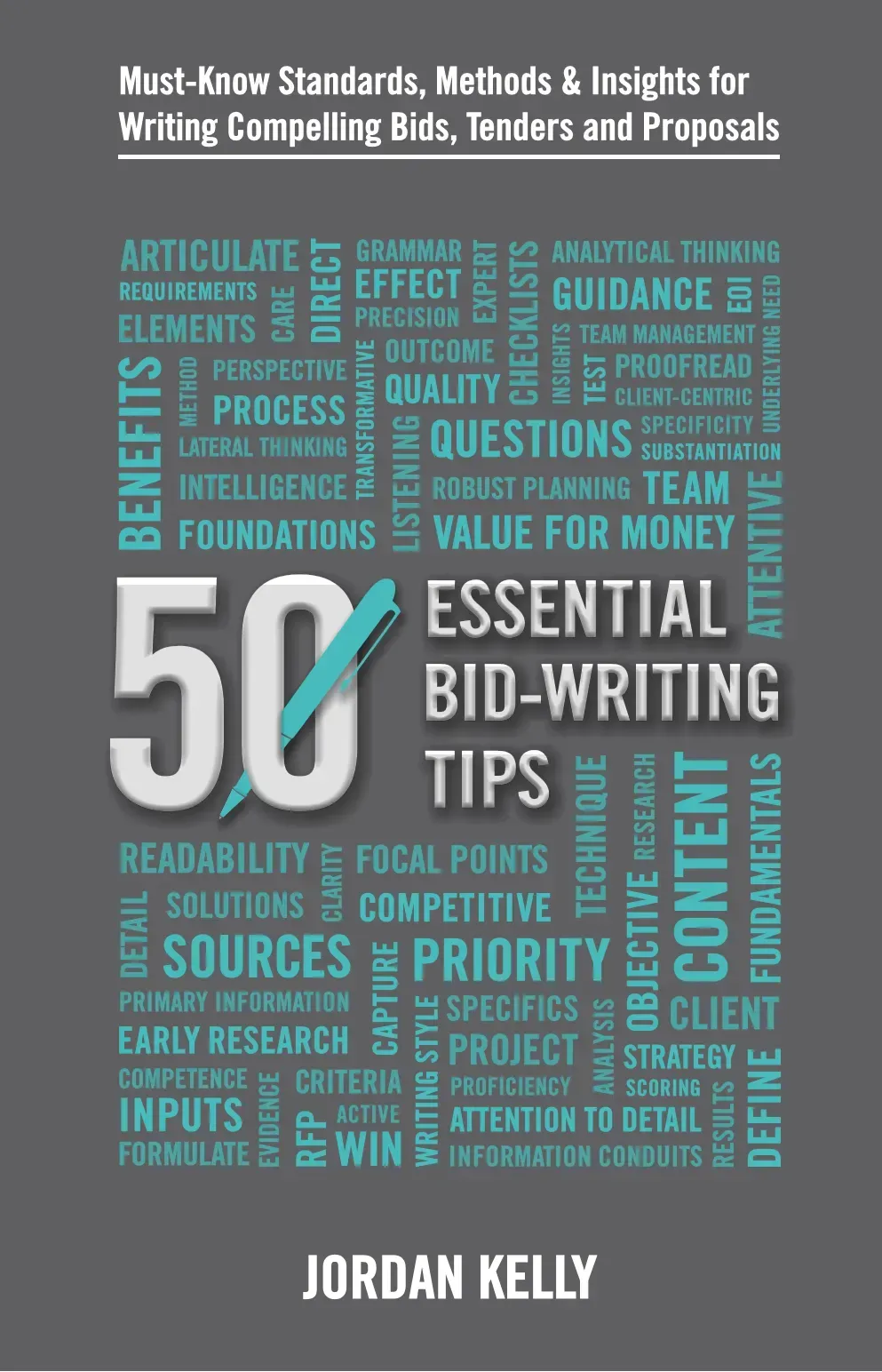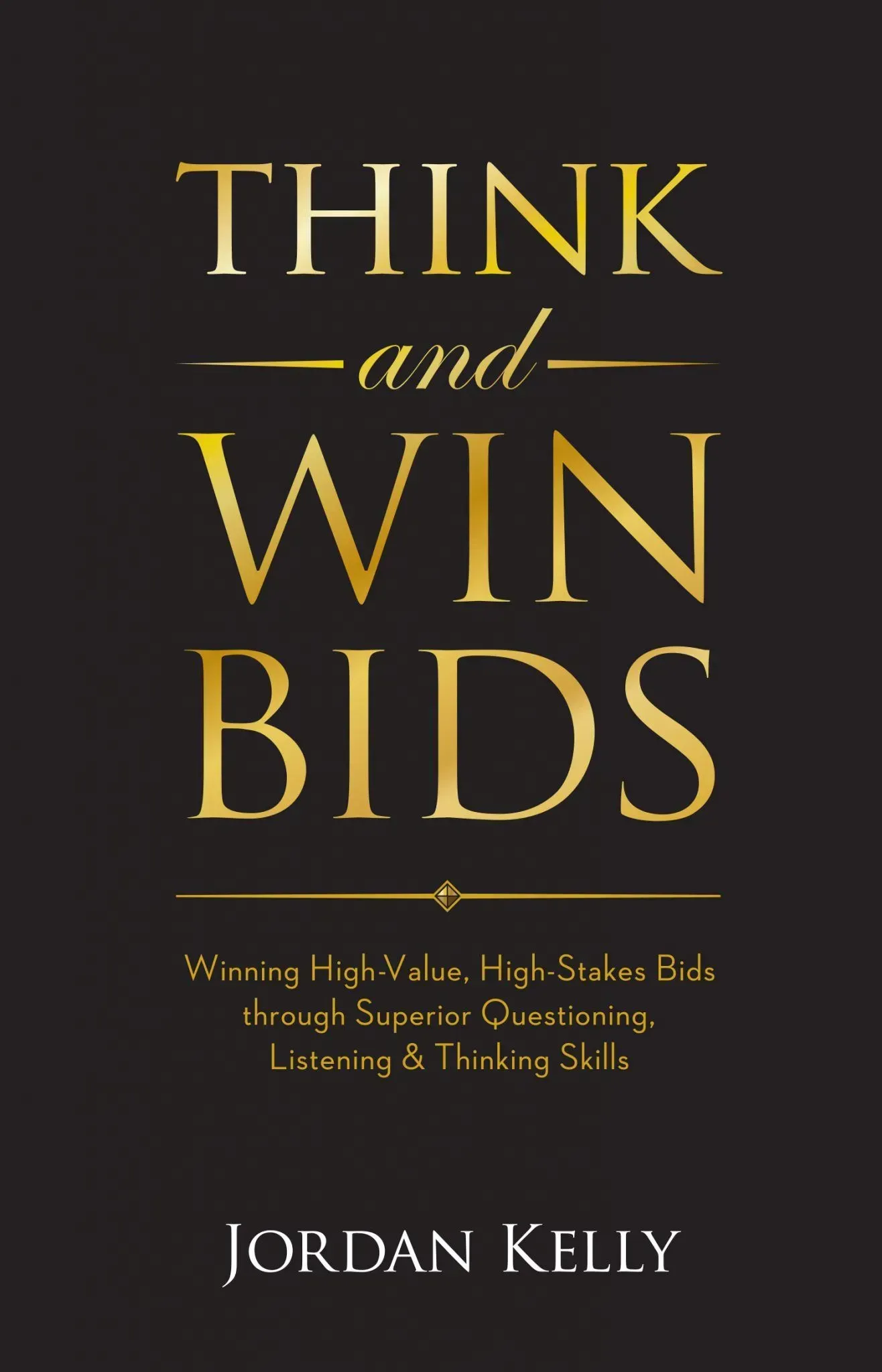CATEGORIES:

Bidders cause themselves a huge problem when they insist on using trendy fashion-speak and other frivolous fuzz in their written responses.
There are two key reasons they do this; neither of them good.
More often than not, the use of this gobbledygook is an attempt to sound sophisticated and “switched on” . . . “up to the minute”.
Other times it’s to smoke over a lack of substance in answers to the bid documentation’s questions.
Often, it’s both.
Bid teams and their writers can also get tangled up in this type of non-English even when there actually is knowledge and potential substance to be conveyed.
Here are some (fabricated) examples of this “empty” writing.
Example 1
We employ best-of-breed technology options to implement cutting-edge, proven solutions, ensuring you of a constantly innovative approach and continuous improvement in your IT environment.
Example 2
Our track record demonstrates our commitment to world best practice and, accordingly, we will engage our focus on innovation throughout the contract.
Example 3
As your business partner, we will work closely with you to leverage our experience across the project, producing an optimal solution that is robust, scalable and that can be seamlessly integrated with your existing systems.
This convoluted, non-information is what results when little or no prior planning takes place and where, as a result, there is no central bid strategy. Worse still, this strategy-less starting point guarantees a very supplier-centric bid or proposal. And usually one that is not even particularly readable or sensible, let alone compelling.
My recommendations are two-fold:
- Use plain English. Resist the temptation to dazzle the prospective customer or client organisation and its evaluators with an extensive array of corporate or industry jargon.
- Place priority emphasis (as early as possible) on conducting intensive, thorough bid strategy planning sessions (preceded by comprehensive client, contract/project and competitor research). This will help ensure a distinctive win theme and, in turn, solid content.
THINK AND WIN BIDS
Winning High-Stakes, High-Value Bids through Superior Questioning, Listening & Thinking Skills
(Book)
The three fundamental skills of a genuinely sharp, sustainably successful bid/proposal/tender professional are the ability to think, listen and ask quality questions.
Furthermore, formulating successful business development and bid strategies is the process of well-directed research and thinking; not the product of tools and templates.
50 ESSENTIAL BID-WRITING TIPS
Must-Know Standards, Methods & Insights for Writing Compelling Bids, Tenders and Proposals

(Book)
This 220-page, high-quality paperback production features 50 mini-lessons to ensure both your professional writers and your contributing subject matter experts produce client-centric, substance-based submission content.
Available individually or as a six-pack (6 for the price of 5).



